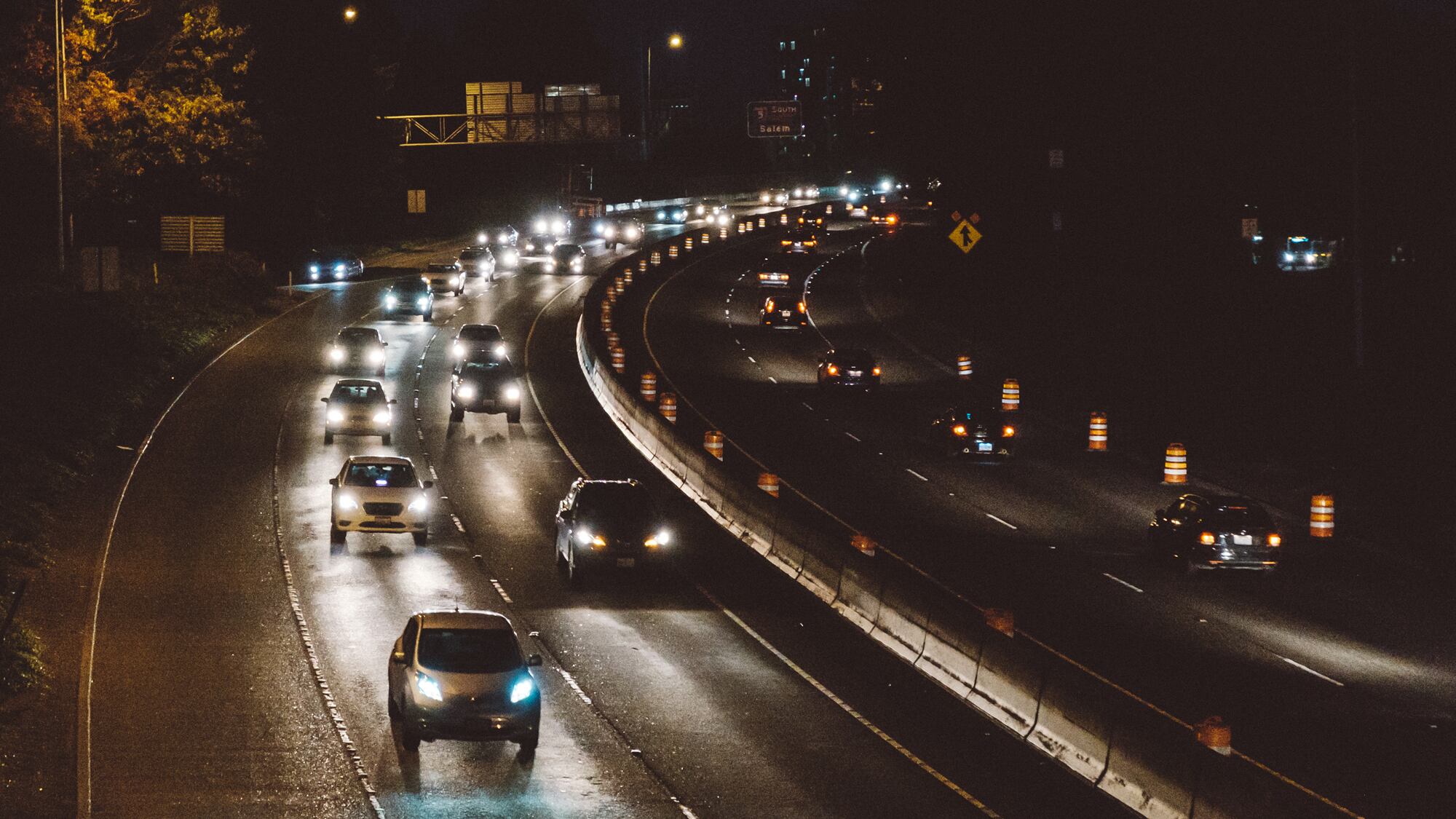Opponents of a highway expansion of Interstate 5 in the Rose Quarter object to the project on environmental and fiscal grounds. Now they're raising a new reason Portlanders should oppose the project: equity.
Joe Cortright, an economist and volunteer with the "No More Freeways" group, analyzed data comparing Washington state commuters and the residents of North and Northeast Portland.
His takeaway: "What the freeway expansion clearly does…is repeat the historical injustice done by freeway construction in the first place: subsidizing travel for higher-income persons who live outside the neighborhood, while doing essentially nothing to better meet the needs of lower-income persons who live in and near the project's location."
The Oregon Department of Transportation says it conducted its own evaluation of impacts on low-income communities. "The project would improve connectivity between neighborhoods separated when I-5 was constructed," says ODOT spokesman Don Hamilton, "and improve safety for all modes, access to transit, and mobility for everyone moving through the area."
Cortright used the economic data on commuters from Clark County, Wash., who commute during peak hours, on the assumption they stand to be the greatest beneficiaries of the project, because rush hour is when traffic is the worst. Here's how the median incomes of people affected by the project compare.
Peak-hour, drive-alone
commuters from
Clark County to Oregon:
Median household income of $82,500
Transit, bike and walking commuters living in North and Northeast Portland:
Median household income of $53,900
Carless households in North and Northeast Portland:
Median household income of $23,500

